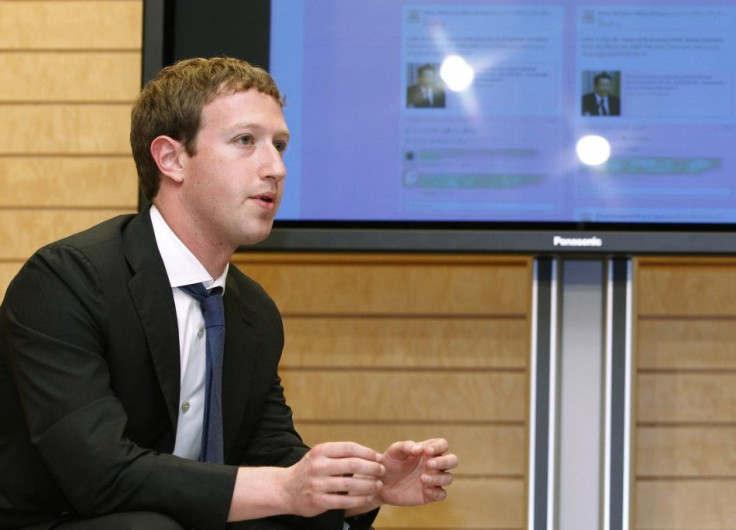Technology Focus: Facebook?s Risky IPO Could Poison The Pipeline

Two weeks from now, management at Facebook (Nasdaq: FB), the No. 1 social network, will likely be partying. CFO Dave Ebersman probably will be tallying up at least $6.3 billion in cash from its initial public offering.
Cash is king in technology, if not everywhere in the corporate world. It lets technology companies buy things for paper money, using shares or actual cash.
Last month alone, Facebook laid out $1 billion in cash and shares for Instagram, a photo application site and another $550 million for patents from Microsoft (Nasdaq: MSFT), the world's biggest software company.
CEO Mark Zuckerberg bought them to bring the company up to date in the mobile world and ensure some intellectual property is safeguarded, especially if he wants to build a search engine or more ecommerce apps to battle Amazon.com Inc. (Nasdaq: AMZN), the No. 1 e-retailer.
Assuming the current IPO value -- not the higher one we'll most likely see May 17 -- a public Facebook will have a market value around $100 billion, or about the same as Cisco Systems (Nasdaq: CSCO), the No. 1 provider of Internet equipment, Amazon and Verizon Communications (NYSE: VZ). It could even be higher.
As valuations go, Facebook's looks positively loony. For all its 901 million members, at least 5 percent, or 45 million, are fraudulent by the company's own admission. Its overall revenue is relatively small with reasonable profit.
For the 12 months ended March 31, Facebook's net income was about $974 million on revenue of $4.04 billion. At a $35 share valuation, the price-earnings multiple would be 99, or more than just about every other company in the S&P 500 Index save for Amazon and two others!
As the Menlo Park, Calif., company grows, so will its expenses, if the first quarter's experience is any guide. As well, its member growth is slowing, especially considering that 13 percent of the global population is already a member.
Despite these warning signs, it's likely the IPO price will be double or more, if the history of hot Internet issues like Netscape Communications, Yahoo (Nasdaq: YHOO), the No. 3 search engine and Google (Nasdaq: GOOG), the No. 1 search engine, is repeated.
Netscape's 1995 IPO price was doubled. After the first day's trading, the price was another $31.25 higher.
Yahoo shares in 1996 were priced at $13, traded at $24.50 and closed at $33. Google's shares actually were cut $10 for the pricing at $85, debuted at $100 and closed at $100.13.
Netscape is gone, merged into AOL (NYSE: AOL) although hundreds of its pioneer patents were bought last month by Zuckerberg after Microsoft bought them for $1 billion. Yahoo and Google are both thriving, although Yahoo is under siege from dissident shareholders who allege mismanagement and demand higher shareholder value.
Facebook's IPO, though, could well poison the IPO well, which over the past seven months has welcomed some promising new companies to public ownership including Jive Software (Nasdaq: JIVE), Splunk (Nasdaq: SPLK) and Proofpoint (Nasdaq: PFPT). Several more, such as Palo Alto Networks, are in registration.
Could the good money that might have gone to these and other promising and less expensive companies be channeled away from this bad company? Probably not because of the hype, publicity and attention Facebook has ginned up over the years.
To be fair, how many other companies in history have recorded nearly a billion members before an IPO? Or had an Oscar-winning movie made about them and their founder?
Watch. Wait. Be wary. As the Romans said, Caveat emptor.
© Copyright IBTimes 2024. All rights reserved.





















